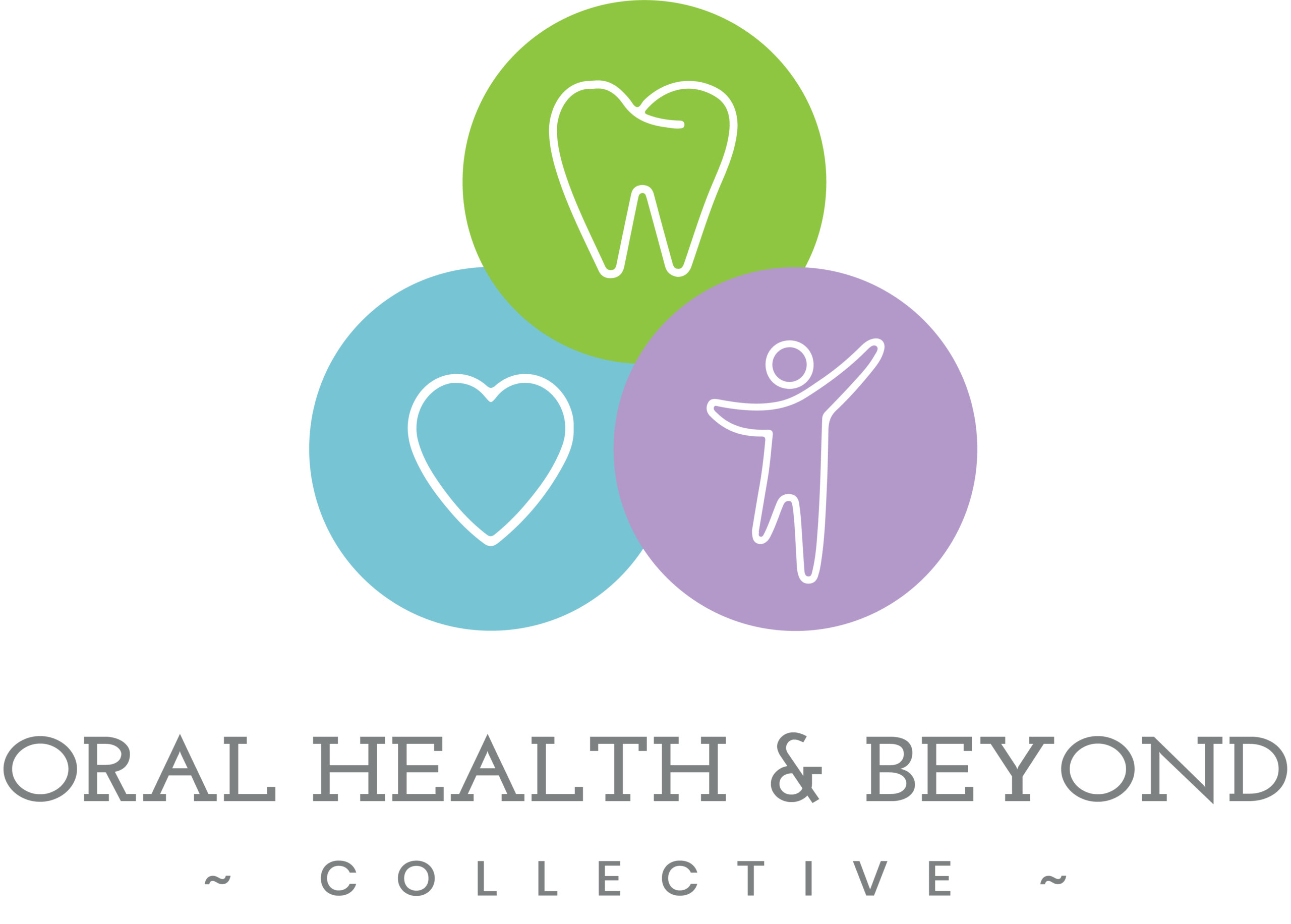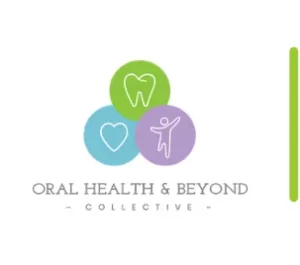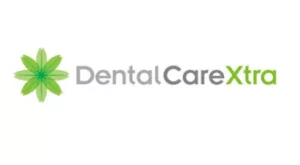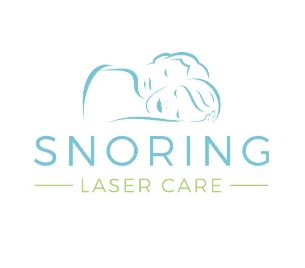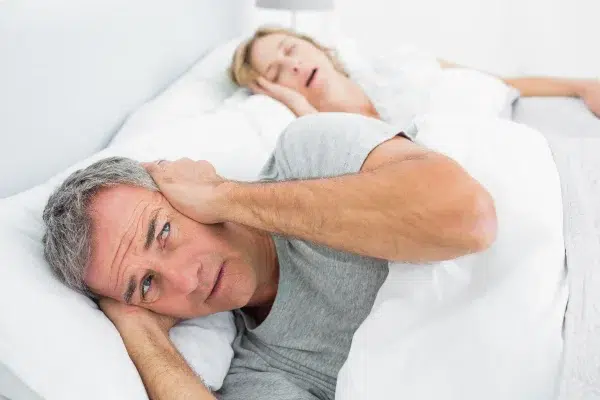
Snoring – Don’t Suffer In Silence
Why is snoring a health problem?
Often a subject that people laugh about, snoring is no joke to anyone who suffers from it (either personally or by proximity to someone who snores). Lack of sufficient sleep can impact on both physical and mental wellbeing, causing:
- Mood swings
- Headaches
- Hypertension
- Diabetes mellitus
- and indicated as a risk factor for strokes and heart disease
Snoring is one of the most common factors affecting both quality and quantity of sleep, and research has found that up to 40% of the adult population suffers from it, with a fifth of those suffering from a more serious (and potentially life-threatening) condition known as sleep apnoea.
What can be done to prevent snoring?
Whilst snoring can affect everyone, it is more prevalent amongst males and older people. Being overweight will also make the problem worse, as the fatty tissue around the neck can squeeze airways, so you might wish to consider a sensible weight loss programme as a first step.
Other anti-snoring tips include:
- Sleep on your side rather than on your back
- Avoid alcohol before going to bed – it relaxes muscles and therefore may cause the back of the throat to soften
- Quit, or cut down, on smoking
- Keep your nose clear so you can breathe through the nose as well as the mouth – antihistamine sprays and tablets can help control any allergies that may affect your breathing. You might want to change your pillow to a hypoallergenic one too.
If you are a habitual snorer or sleep next to one, the good news is that there is a range of treatment options available from your dentist.
What options are available to stop snoring?
If you’ve taken preventative measures and snoring is still a problem, your dentist can help assess the severity of the issue and diagnose a solution that’s right for you. These may include:
- Orofacial Myology exercises (facial muscle strengthening)
- NightLase laser treatment* to tighten tissues at the back of the throat and keep airways open
- Oral appliances
- CPAP (Continuous Positive Airway Pressure) device
- ENT – Referral for possible surgical correction (if necessary)
NightLase is a safe and effective treatment, administered over three 30-minute appointments following two assessments and countless patients have benefitted from it. Your dentist would be only too happy to discuss whether it might be suitable for you.
For more information on NightLase please do not hesitate to contact us at DentalCareXtra. Alternatively, complete the form below, and one of our friendly team members will contact you.
* Any surgical or invasive procedure carries risks. Before proceeding, you should seek a second opinion from an appropriately qualified health practitioner.
